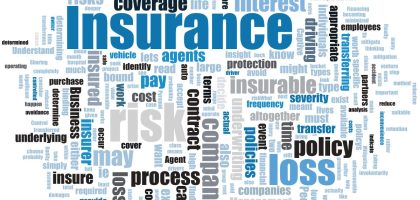Before buying term insurance, most people ask how much cover do they really need. You can’t buy a plan...
Even after being a highly important financial tool, there is still a lot of confusion, assumptions, outdated advice and...
Introduction Initially, ‘insurance’ can feel very confusing. Technical terms like premium, coverage, claim etc often overwhelm people. They change...
Introduction Do you think that buying life insurance means having to go through complicated policies and paperwork and paying...
Introduction You can’t predict life but it’s always possible to secure the financial future of your family with life...
Introduction Life insurance is hands down one of the smartest steps you can take to secure your family’s financial...
Introduction After years of working so hard and saving & planning for everyone else, your retirement years have to be...
Introduction What’s the smartest financial decision you can make for your family’s future? Buy life insurance! With term life insurance...
Life is so unpredictable that one day, you feel your future is safe & secure and the other day,...
Introduction Future planning is not limited to only savings or investments but creating a safety guard that protects your family...
Latest Blogs
Introduction At the time of renewing or buying car insurance, people generally have two main options in front of...
Introduction A lot of people treat insurance as a last-minute purchase and buy it only because it feels necessary in...
Whether it’s a little scratch or a big accident, a car insurance claim can save time, money and a...
Introduction Insurance planning is not a challenge but can surely feel confusing with so many options, terms and mixed...
Introduction A lot of people treat insurance as a last-minute purchase and buy it only because it feels necessary...
Insurance is a financial protection that secures your family, health and assets against unexpected events. The market today is...
With every year, healthcare is becoming more expensive. Whether it’s a routine check-up or a surgery, medical bills are...
Introduction Do you think car insurance renewal is just another formality that you should follow every year? Actually, it’s...















